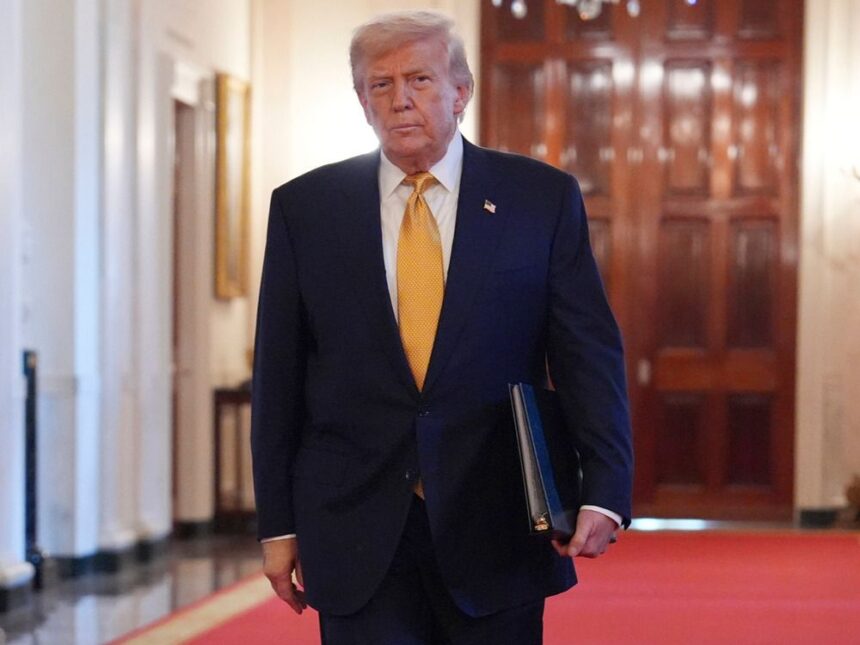As bilateral discussions between Canada and the United States resume this week, negotiators face an increasingly complex landscape dominated by former President Trump’s growing list of demands. What began as targeted concerns about specific sectors has evolved into a comprehensive wish list that threatens to fundamentally reshape the trading relationship between the two neighbors.
“We’re witnessing an unprecedented expansion of negotiating points,” explains Dr. Helena Ramirez, international trade specialist at the University of Toronto. “The scope now extends far beyond traditional trade concerns into areas of domestic policy that would normally remain sovereign matters.”
Trump’s team has signaled intentions to pressure Canada on multiple fronts, including demands for increased access to Canadian oil and natural gas resources, restrictions on Canadian business practices, and even attempts to influence diversity policies within Canadian institutions. The former president’s recent campaign statements suggest he views the renegotiation as an opportunity to extract maximum concessions while positioning himself as a champion of American economic interests.
Canadian officials, speaking on condition of anonymity, expressed concern over the broadening scope. “What began as discussions about tariffs and quotas has morphed into something much more intrusive,” one senior trade representative revealed. “The current demands would effectively grant the U.S. unprecedented influence over Canadian energy policy and corporate governance.”
The negotiations occur against a backdrop of political uncertainty in both nations. With a U.S. presidential election looming and Canadian Prime Minister Justin Trudeau facing declining approval ratings, both sides feel pressure to demonstrate they’re protecting national interests while maintaining the vital cross-border economic relationship that generates nearly $800 billion in annual trade.
Energy policy has emerged as a particularly contentious focal point. Trump has repeatedly criticized Canada’s environmental regulations and carbon pricing mechanisms, characterizing them as unfair trade barriers. His team now seeks preferential access to Canadian oil reserves and relaxed environmental standards for American energy companies operating in Canada.
“The demands regarding our energy sector effectively ask Canada to surrender sovereignty over resource management,” notes Patrick Desmarais, economist with the Canadian Centre for Policy Alternatives. “It would mean dismantling decades of carefully crafted environmental protections to satisfy foreign commercial interests.”
Equally controversial are the attempts to influence Canadian diversity, equity, and inclusion (DEI) policies, with Trump’s representatives suggesting that such initiatives create unfair competitive advantages for American companies. This unprecedented reach into domestic social policy has united opposition across Canada’s political spectrum.
The negotiations highlight fundamental questions about the future of North American economic integration. As developed economies worldwide struggle with inflation, supply chain disruptions, and technological transformation, the outcome of these talks may establish new precedents for how sovereign nations balance economic interdependence with policy autonomy.
For ordinary citizens on both sides of the border, the stakes couldn’t be higher. Any significant disruption to trade flows would impact thousands of jobs and potentially increase consumer prices at a time when many households already face financial pressure.
As negotiators return to the table this week, the fundamental question remains: can a balanced agreement be reached that respects both nations’ sovereignty while preserving the economic partnership that has benefited millions of citizens? Or are we witnessing the beginning of a more transactional, pressure-driven era in international relations where economic leverage increasingly trumps mutual respect?

























